On the write track: Literacy training empowers women in DR Congo
“I remember how thrilling it was when our teacher asked me to read from the blackboard for the first time,” says Furaha — a participant in a literacy project in Kasheka, South Kivu, in the Democratic Republic of Congo.
She is among thousands of farmers trained by the UN’s World Food Programme and Food and Agriculture Organization, in techniques that increase yields — but it is her newfound ability to read, write and count that she says she’s most proud of.


This is remarkable given how critical farming skills are in this rural community, which struggles with the combined impact of conflict, extreme weather and the coronavirus pandemic.
“When the crops didn’t grow, we didn’t eat anything,” she says — the impact on the 12 children she and her husband are responsible for was devastating.
Like many other women in the eastern parts of the DRC, torn apart by years of conflict, Furaha was not able to go to school.
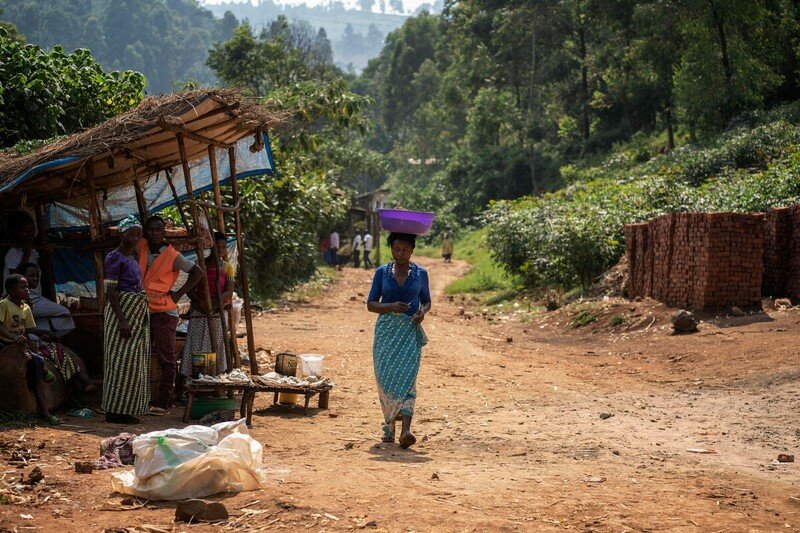
Today she is the president of her savings-and-loans group, which has 37 members “and helps a lot of women”. It is through such community bodies that the two UN agencies seek to empower communities to become independent over the long term.
Over 27 million people are food insecure in DRC, which has more people living in hunger than any other country.
Since 2017, WFP and FAO, with German funding, have helped 600 farmers organizations and around 30,000 families, 60 percent of which are headed by women.
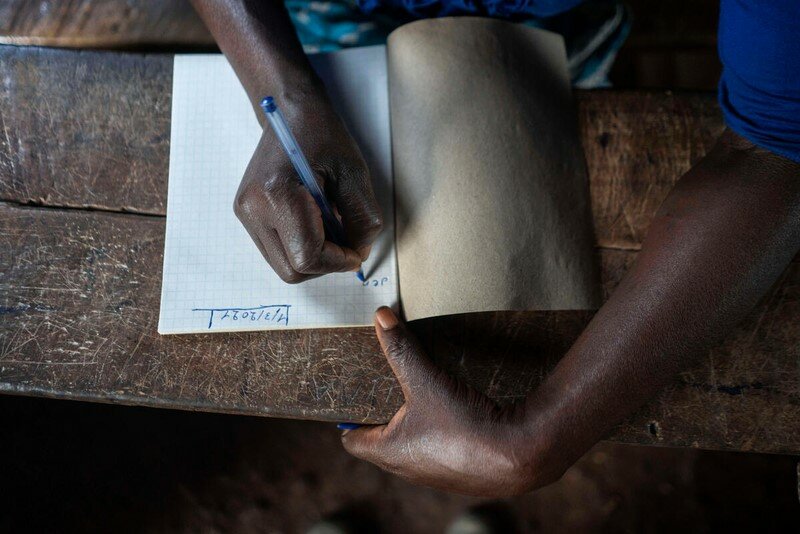
WFP plans to reach 8.7 million people in DRC this year despite an extremely tough operating environment — through in-kind food and cash distributions for the most vulnerable people, the reating and the prevention of malnutrition among children and women, and hot meals for schoolchildren.
The organization also runs resilience activities, working with 518,000 people in five provinces to be independent over the long term — empowering women and girls is a key part of that process.
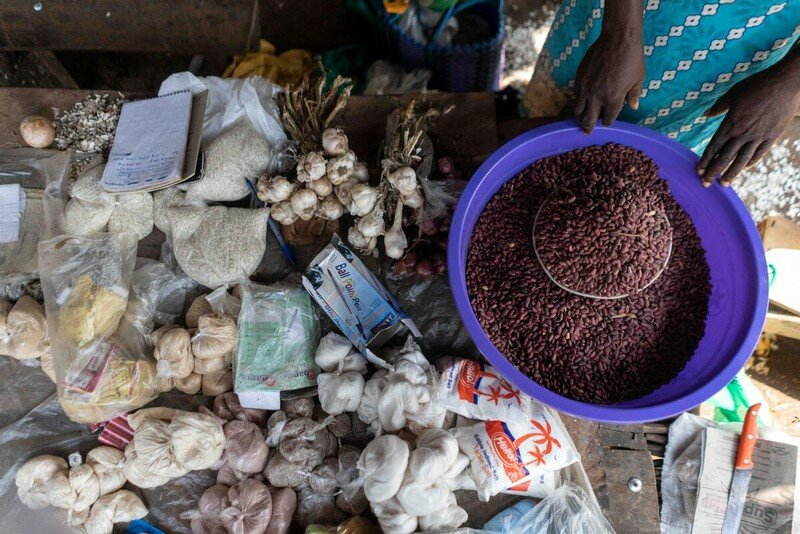
“I never used to feel at ease in women’s groups,” says Furaha. “Other women saw something special in me but since I could not read and write, I was not considered for a leadership role.”
She adds: “I always felt uncomfortable and incomplete when I was around people who had gone through school. I felt like I did not belong there.”
Escalating conflict remains the key driver of hunger with large swathes of the eastern provinces of Ituri, North and South Kivu and Tanganyika, as well as the central region of the Kasais hit the worst.
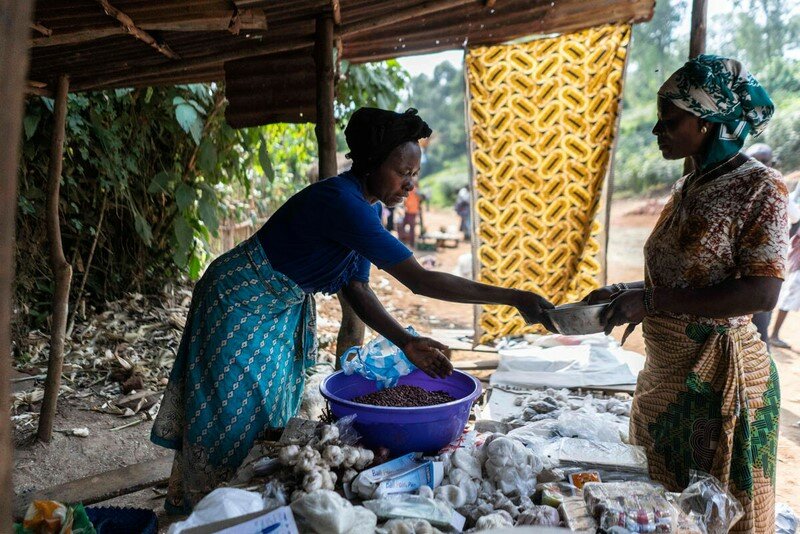
Families have had to sell valuable assets to buy food and many are left with no choice but to skip meals, sometimes, for an entire day.
Today Furaha not only grows enough maize, cassava, beans and other vegetables to both feed her family and sell — the training he's received in business skills has resulted in her opening up a retail stall.
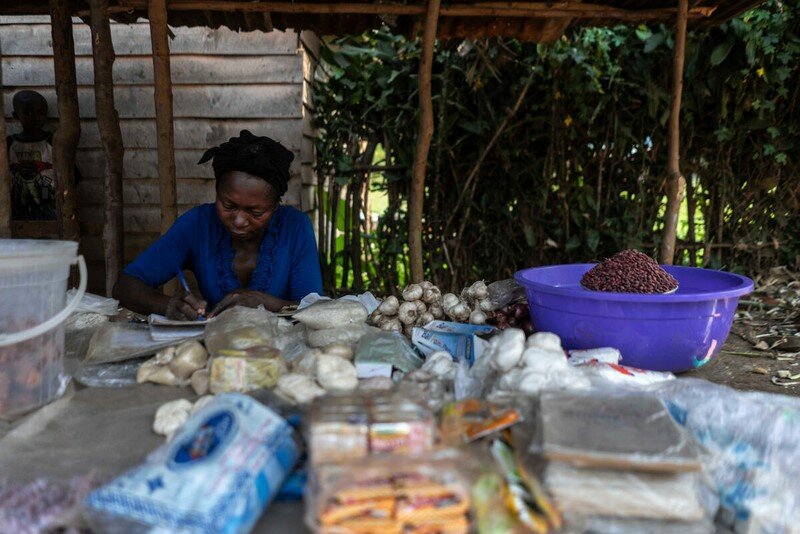
“Ever since I started my business, my children eat in the morning and at lunch as well,” she says. “Today, our children have a diverse choice of food. They can choose to eat vegetables, fish and fruits.”
Mariamu Aganze, National Programme Officer in South Kivu says: “The participation of women in decision-making roles has really contributed to the social cohesion in the communities. Now we can see that the women are even the presidents of cooperatives, and it has empowered and built confidence in women in the communities that we work in.”
Learn more about WFP's work in DR Congo



